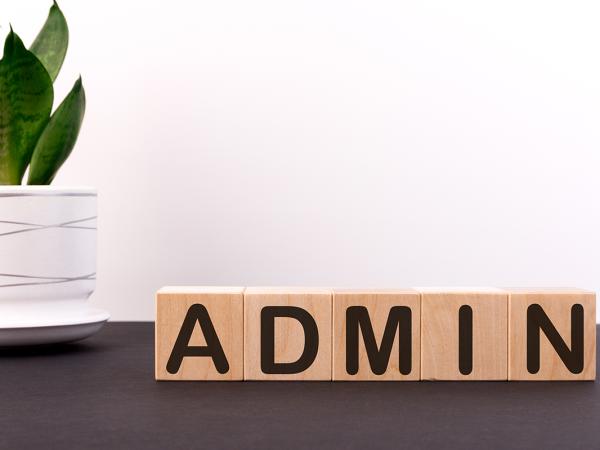Tracing assets after a death
When someone dies, if you are left in charge of sorting out their affairs, you will need to gather some information together. For instance, you need to know what their income and assets were and find out about any debts they owed. Here we set out some ideas that might help you trace a deceased person’s assets if you are dealing with their estate.

Content on this page:
Introduction
When a person dies, their estate will be dealt with by their personal representatives (‘PRs’). A PR could either be an executor (if the deceased left a will) or an administrator (if they died without a will and were ‘intestate’).
As a PR of a deceased estate there are many things that you may need to deal with, such as applying for probate and dealing with tax matters. You can read more about this on our page Bereavement: Tax issues on death.
A key part of dealing with the estate is identifying the deceased’s assets (the things they own) and liabilities (any debts they have). This is not always easy, especially if you do not know very much about the deceased’s financial affairs before death.
Where to start
Often, the most challenging part of a task is knowing where to start and getting started.
In the past, many PRs would have started by looking through the deceased’s papers and personal effects to gather together information about their assets.
However, many people now receive documents electronically or information is hidden behind online accounts. Unless the deceased planned ahead (see the end of this page for suggestions about how to do this) and left you with a list of login details, this can make your job difficult.
Contact HMRC’s bereavement helpline
One useful place to start is with the tax authority, HMRC. They will only speak to you as the PR once they have received notification of the death, so the first step is to make sure you have informed HMRC that the person has passed away. Read about the ways of notifying HMRC of a death on our page Bereavement: tax issues on death.
Once HMRC are aware that the taxpayer has died, you are then able to contact HMRC’s bereavement helpline to discuss the deceased’s tax affairs.
HMRC say they will let PRs have information that they hold for the deceased. This could include:
- details of any pension or employment income received by the deceased
- information about construction industry scheme (CIS) and/or VAT registrations in the name of the deceased
- details of bank accounts held by the deceased
- a copy of the last tax return submitted if the deceased was in self assessment
By having the names of any pension companies and banks, you can then use a service such as the death notification service, or you could contact the companies directly to let them know about the death and request details of any pension pots/bank balances. Note that the death notification service only covers a limited number of companies. You should read the terms and conditions carefully before signing up to any third party service.
The deceased’s tax return might also provide some clues that will help you start to trace other assets. For example, you might be able to see from the tax return that the deceased was receiving dividends (income from shares) or income from property.
Getting copies of bank statements
Once you have found out what bank accounts were held by the deceased and have notified the relevant banks of the death, you should be able to request copies of bank statements. This could be helpful in piecing together what assets were held by the deceased.
Other tracing services
There are some other services that you can also use when trying to trace assets after a person has died. You should check the terms and conditions of third-party services carefully before signing up.
Account tracing services
The Government’s MoneyHelper website provides information about account tracing services that you might find helpful to use.
The Pension Tracing Service
The Pension Tracing Service is a free service that can be used to find unclaimed pension pots. This includes private and workplace pensions. Note that this is a private service.
The Government’s also has a service to find pension contact details.
Planning ahead
It is always worth thinking about how you might be able to make things easier for your own representatives when you pass away.
A good place to start is by having a valid will in place. It is also useful to keep an up-to-date list of your assets and a secure record of online passwords. When storing passwords, you should take a very cautious approach to ensure you minimise the risk of the information falling into the wrong hands. Ways that you could help to keep this information safe might include:
- asking your solicitor to keep a copy of the passwords securely along with your will (though this might be difficult to maintain if you change passwords regularly for security reasons)
- keeping the information in a locked box, with only your chosen executor having access in the event of your death
- investigating use of an online password storage application, with access available to your PR in the event of your death.



